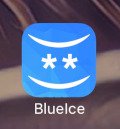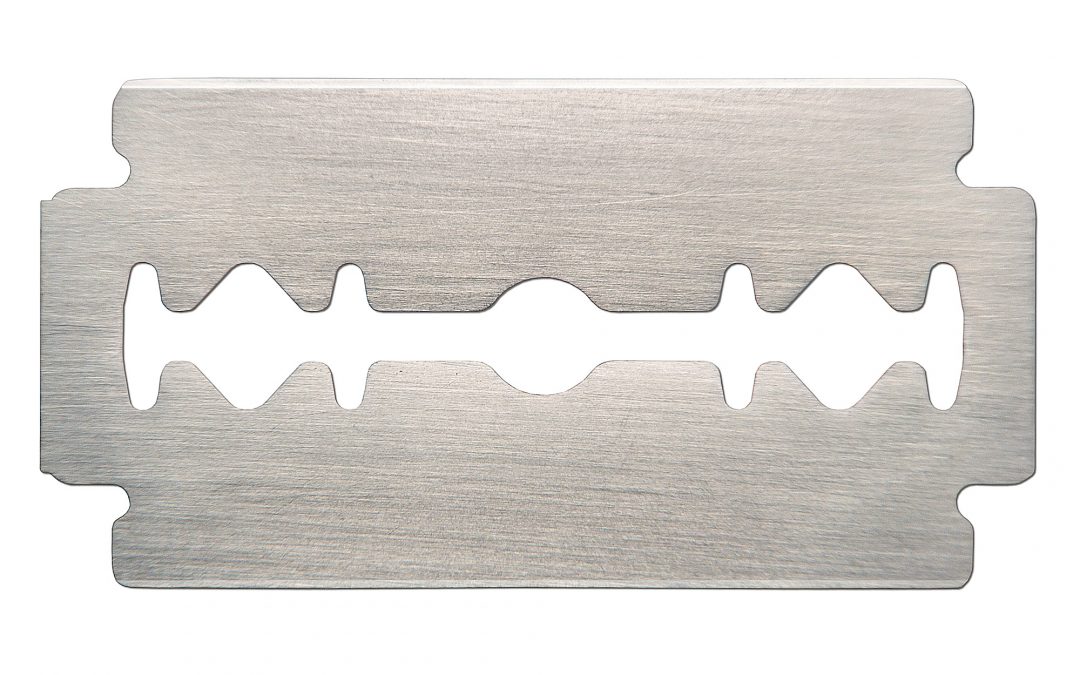Self-harming can affect people’s lives but can be defeated. Here is a help guide.
Source: NHS website and Mind
What is it?
- Intentionally inflicting pain onto one’s self to deal with difficult feelings, memories and hard situations or experiences
- Can be done in many different ways
Who does it affect?
- It can affect anyone from any age or gender
- More cases of self-harm are by females but males also self-harm and are equally likely to hurt themselves, but less cases are reported
- People with mental health problems are more likely to self-harm
Why do people self harm?
- Sometimes when people self-harm, they feel on some level that they intend to die
- Other times it’s to inflict physical pain to help them feel something when they are unable to express their feelings
- As a way of dealing with factors affecting their lives now or painful experiences in the past
- To punish themselves
- To relieve tension that isn’t bearable anymore
- As a cry for help
Ways people may self harm:
- Cutting
- Burning
- Punching things
- Breaking bones intentionally
- Starving themselves
- Overdosing
- Over-eating
- Hair pulling
- Poisoning themselves
- Biting themselves
- Alcohol or drug misuse
- Excessive exercise
Warning signs
- Wearing long sleeves in all weathers and not wanting to take them off
- Being fully covered in hot weather
- Unexplained bruises, cuts or burns on their bodies – most commonly on wrists, legs and chest
- Becoming withdrawn
- Talk of wanting to hurt themselves or not wanting to carry on
- Low self esteem
- Signs of alcohol or drug misuse
- Self-loathing
- Signs of depression
Different coping strategies
- Write a journal when you feel like hurting yourself
- Ping an elastic band on your wrist
- Draw with a red marker where you would normally cut
- Speak to someone you trust
- Go out to do something you enjoy
Where to get help
- Go to your GP
- Call Samaritans on 116 123 for 24 hour support
- Call Mind on 0300 123 3393 for support and information (9am-6pm weekdays)
- Call 999 for an ambulance
- Go to nearest A&E or Minor Injuries Unit
- Local counselling services
Apps
Click on the icons below for further information on useful apps that are available:
 BlueIce is an evidenced-based app to help young people manage their emotions and reduce urges to self-harm. It includes a mood diary, a toolbox of evidence-based techniques to reduce distress and automatic routing to emergency numbers if urges to harm continue.
BlueIce is an evidenced-based app to help young people manage their emotions and reduce urges to self-harm. It includes a mood diary, a toolbox of evidence-based techniques to reduce distress and automatic routing to emergency numbers if urges to harm continue.
![]() Calm Harm is an app designed to help people resist or manage the urge to self-harm. It’s private and password protected.
Calm Harm is an app designed to help people resist or manage the urge to self-harm. It’s private and password protected.
 The distrACT app gives you easy, quick and discreet access to information and advice about self-harm and suicidal thoughts. The content has been created by doctors and experts in self-harming and suicide prevention.
The distrACT app gives you easy, quick and discreet access to information and advice about self-harm and suicidal thoughts. The content has been created by doctors and experts in self-harming and suicide prevention.

